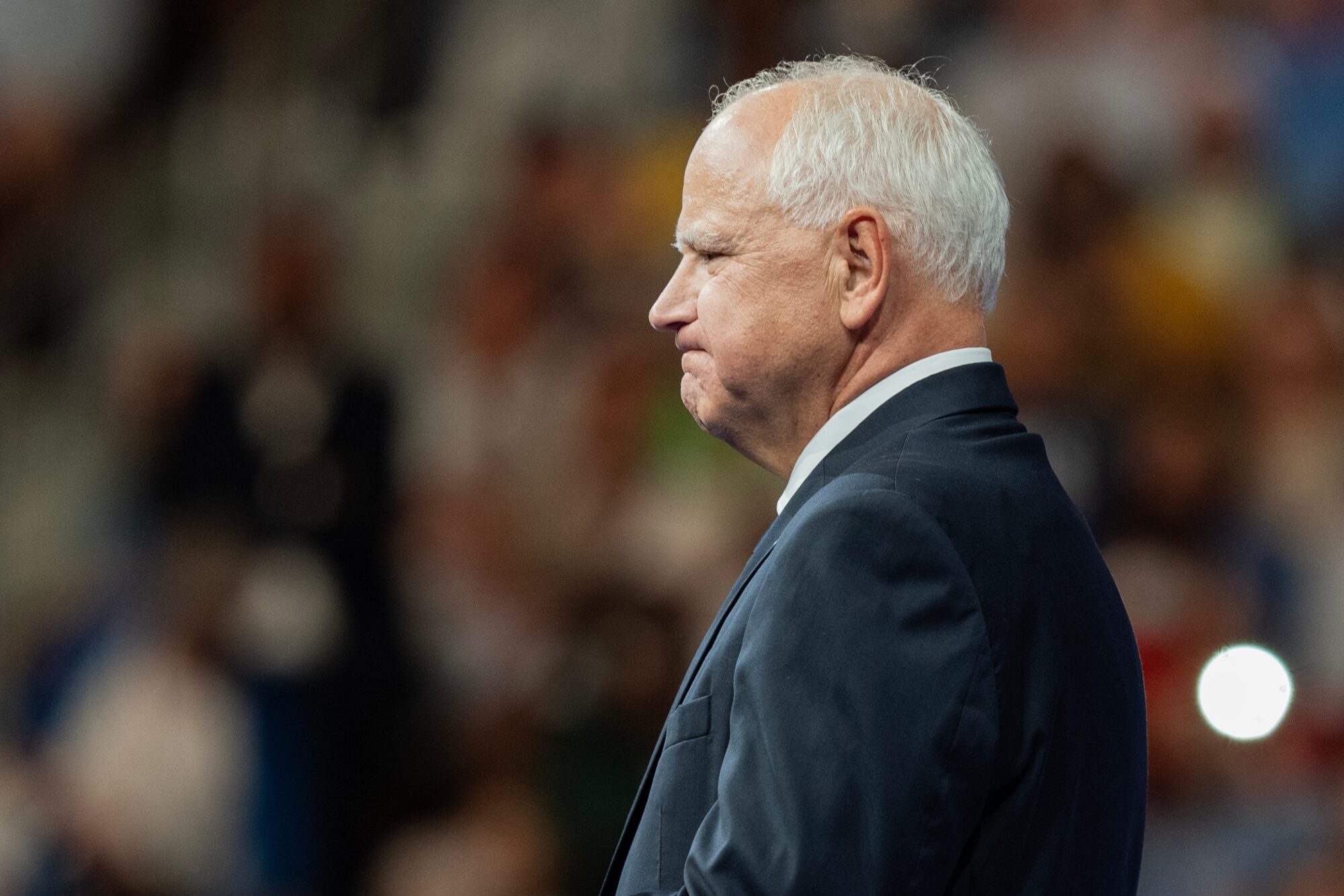
It’s Labor Day weekend, and I’ve been thinking a lot recently about how we can improve
our state’s economy, particularly our declining labor force participation rate.
Of one thing I am certain: we won’t understand the issue of work if we don’t understand
its most important element – the human one. Humans are more than categorized
numbers on a government spreadsheet (although they are that, too); they are families,
communities, societies, cultures.
America’s national identity is often tied to work. I’m reminded of a college session I
once attended during grad school (I studied international business alongside Brazilians,
Canadians, and Mexicans). When asked to introduce ourselves, every American started
with their job, followed by other life information. The opposite was true for nearly
everyone else.
America’s work ethic is as famous (and sometimes, as intense) as our patriotism. It
shows in our economy, our innovations and inventions, our corporations’ market share,
the sheer volume of American music streamed worldwide.
President Ronald Reagan spoke of work and family as being the center of American
lives, “the foundation of our dignity as a free people. When we deprive people of what
they have earned, or take away their jobs, we destroy their dignity and undermine their
families.” President Bill Clinton quoted Robert Kennedy’s views on work during the
signing of federal welfare reform legislation in 1996: “Work is the meaning of what this
country is all about. We need it as individuals. We need to sense it in our fellow citizens.
We need it as a society and as a people.”
I couldn’t agree more.
As a Contributing Fellow on Work for Empower Mississippi, I’ve been focused on our
state’s lagging labor force participation, a government measure of who’s working and/or
looking for a job. I appreciate Empower’s approach to studying the issue: no
preconceived notions (“let the data lead”) and more than raw numbers (“context and
people matter”).
Empower Mississippi has identified labor force participation as a key metric related to both growth and prosperity – for the state and for individuals and families.
The labor force participation rate (LFPR) matters to our state’s economy, as more
people working tends to generate more economic momentum. Research from entities
like the Congressional Budget Office and the Federal Reserve shows that low labor
force participation is associated with lower GDP, more government dependence, and
lower tax revenues, with the inverse also being true: Higher participation rates mean
more tax revenues, as the number of people paying income and payroll taxes rise, and
less dependence on government programs.
This tracks with comments Dr. Corey Miller, Mississippi’s state economist, delivered to a
legislative committee earlier this year, saying the state’s GDP would increase by 10%
and the labor force size by 13% if Mississippi simply mirrored the national average on
labor force participation.
The economic impact of labor force participation was highlighted recently in an analysis
of President Donald Trump’s landmark tax cut legislation, the Tax Cuts and Jobs Act
(TCJA) of 2017. A Federal Reserve of Dallas analysis noted it “stimulated economic
growth” through higher increases in GDP and jobs. These increases seem “robust,” but
“faster growth appears to be driven by a statistically significant 1.5 percentage point
increase in the labor force participation rate, with the impact on consumer spending
being rather small and insignificant.”
Bottom line, the analysis found that President Trump’s tax cuts worked in large part
because they helped get folks off the sidelines and into the workforce.
To provide quantitative analysis on this topic, Empower Mississippi commissioned the
National Strategic Planning and Analysis Research Center (NSPARC) at Mississippi
State University to evaluate the state’s labor force participation rate and provide high
level findings on Mississippi trends. The NSPARC study covers a 2010 to 2023
timeframe (thus capturing the aftermath of the Great Recession and the COVID-19
pandemic) and looked at factors like age, education level, race, and gender.
In short, Mississippi’s labor force participation rate has been the lowest or near-lowest in
the nation since statistics were first collected by the federal government. It currently
stands at 53.9%, compared to the national rate of 62.7%. This means that of the civilian
population (excluding children under 16 and those in institutional settings, like nursing
homes or the military), nearly half – about 46% – are neither working nor looking for
employment, compared to about 37% nationally.
Along with the data-driven analysis, Empower also conducted interviews with
researchers, economists, elected officials, economic and workforce development
officials, and more, to capture Mississippi voices and add localized context. In general,
stakeholders advocated further study of gender and racial gaps, disability rates, family
structure (where one parent stays home with young children), veteran analysis,
comparisons to other states, data quality and collection, and regulatory burdens, among
others.
You can find the full study and its results by clicking here or by visiting empowerms.org.
Improving the state’s labor force participation rate will not happen overnight, but it’s a
worthwhile goal that can be achieved. I’m glad many Mississippi leaders are embracing
this opportunity to continue moving our state forward. As President Reagan would say,
improving the state’s workforce participation will require “our best effort and our willingness to believe in ourselves and to believe in our capacity to perform great deeds…after all, why shouldn’t we believe that? We are Americans.”
He’s exactly right. We are Americans, but more than that – we are Mississippians.











